These reflections are a result of more than 40 years of ministry as a Roman Catholic priest. Most of these years I spent in the Diocese of Charlotte which covers Western North Carolina. Now I am retired, and live in Medellín, Colombia where I continue to serve as a priest in the Archdiocese of Medellín.
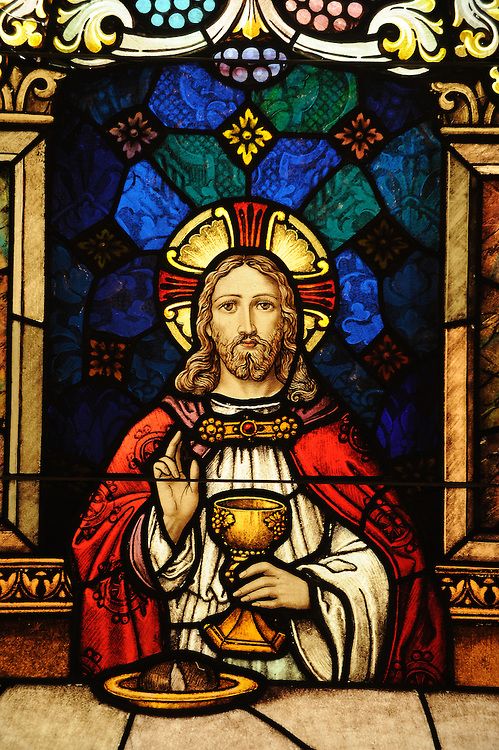
Amen, amen, I say to you, unless you eat the Flesh of the Son of Man and drink his Blood, you do not have life within you. Whoever eats my Flesh and drinks my Blood has eternal life, and I will raise him on the last day. For my Flesh is true food, and my Blood is true drink. Whoever eats my Flesh and drinks my Blood remains in me and I in him. (Jn 6:52-59)
https://bible.usccb.org/bible/readings/050925.cfm
The Eucharist is the center of our faith in the Risen Lord. The Eucharist expresses the unity of the church. We continue to pray that the Holy Spirit will guide us as we choose a new pope. https://youtu.be/2mOT3KIGK4w?si=mJ26xdfq8XKiNk_v
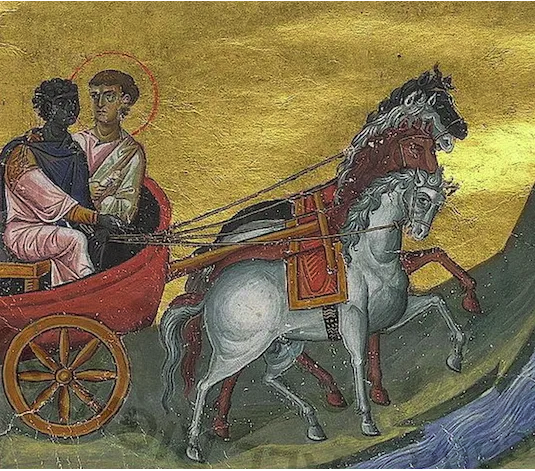
As they traveled along the road they came to some water, and the eunuch said, "Look, there is water. What is to prevent my being baptized?" Then he ordered the chariot to stop, and Philip and the eunuch both went down into the water, and he baptized him. When they came out of the water, the Spirit of the Lord snatched Philip away, and the eunuch saw him no more, but continued on his way rejoicing. (Acts 8:26-40)
https://bible.usccb.org/bible/readings/050825.cfm
According to the Law of God, there was no place in the temple for people like the Ethiopian eunuch. But Philip listens to the Holy Spirit and baptizes the eunuch. As Pope Francis taught there’s room in the church for everyone. As he said, “Todos, todos, todos.” We pray that the Holy Spirit guide us in choosing a new pope.
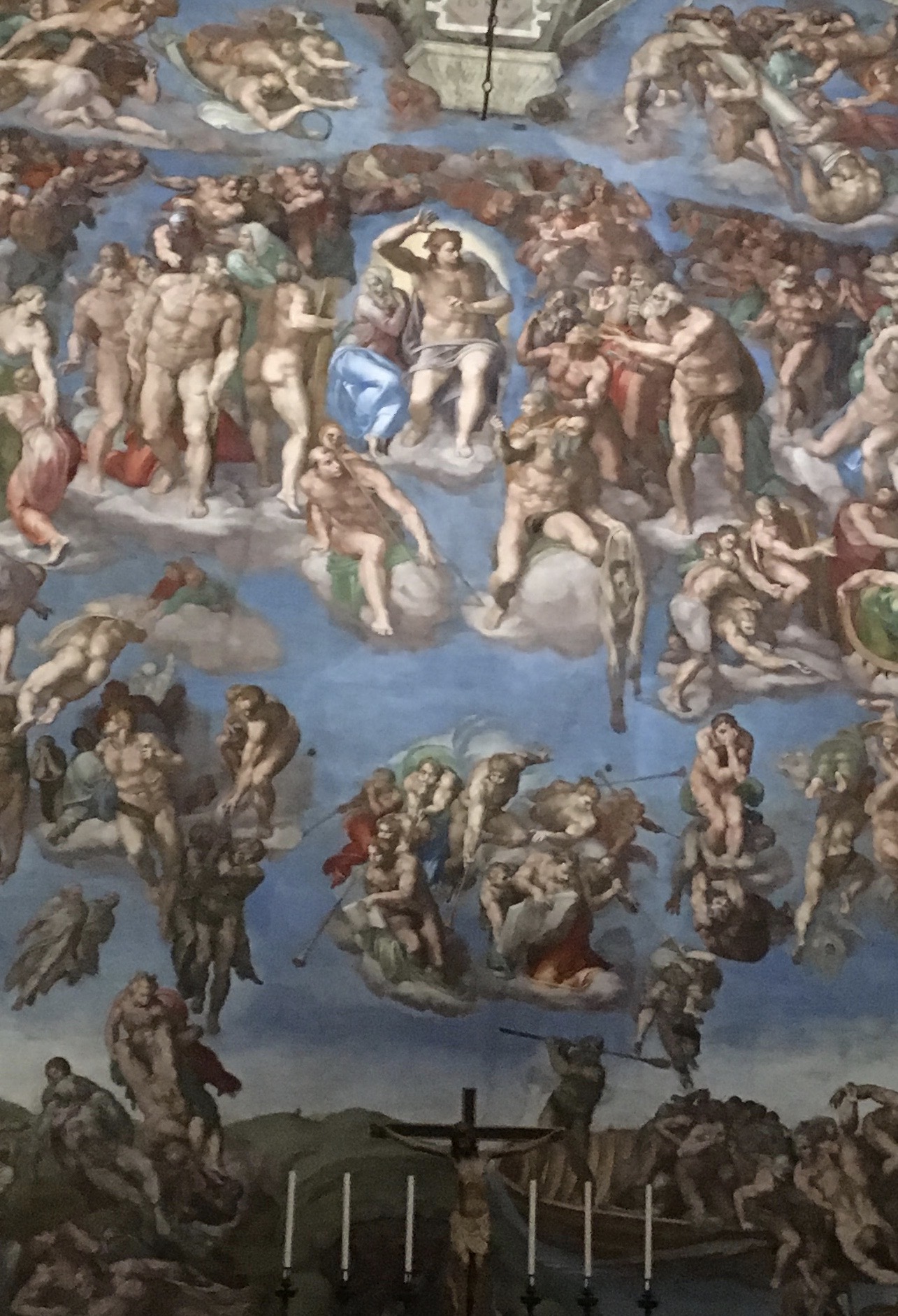
For this is the will of my Father, that everyone who sees the Son and believes in him may have eternal life, and I shall raise him on the last day. (Jn 6:35-40)
https://bible.usccb.org/bible/readings/050725.cfm
The question is where do we see the Son. Pope Francis taught us to see Christ in the poor, in immigrants, and in the marginalized. As we enter into the Conclave today, may the Spirit help us to see Christ in the pope God chooses for us. Come Creator Spirit, Amen! Today’s photo is of the Last Judgment by Michelangelo in the Sistine Chapel, the video is from 12 years ago. https://youtu.be/HEKuxUOPzk8?si=cekoxuD7aGsS8QeQ
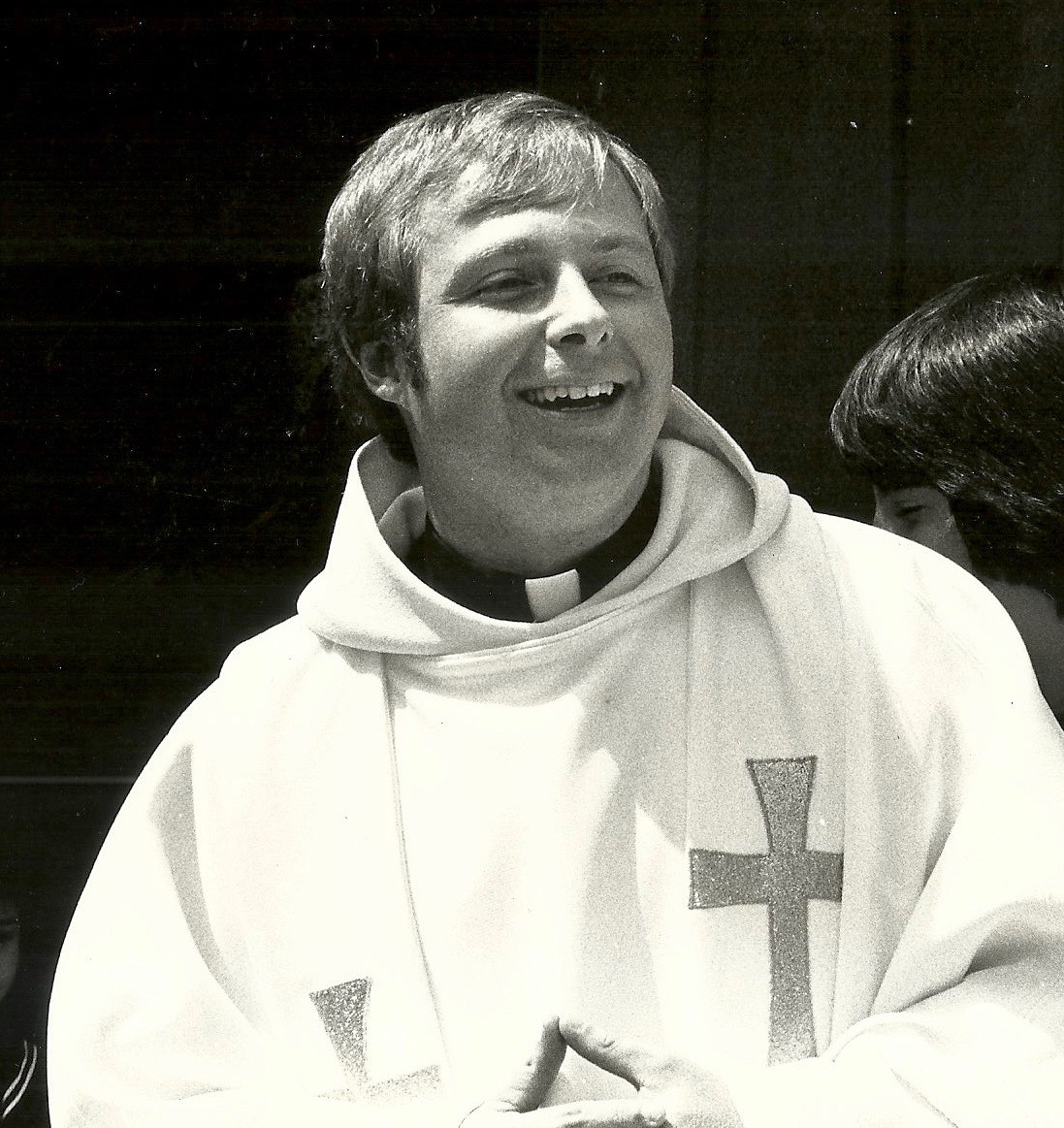
So they said to Jesus, “Sir, give us this bread always.” Jesus said to them, “I am the bread of life; whoever comes to me will never hunger, and whoever believes in me will never thirst.” (Jn 6:30-35)
https://bible.usccb.org/bible/readings/050625.cfm
Having grown up in the Baptist church, lots of folks have asked me through the years why I became a Catholic and a priest. My answer has always been the same: I found the Lord in the Breaking of the Bread. As we elect a new pope, we ask the Holy Spirit: Send forth your Spirit, and you shall renew the face of the earth. Amen.
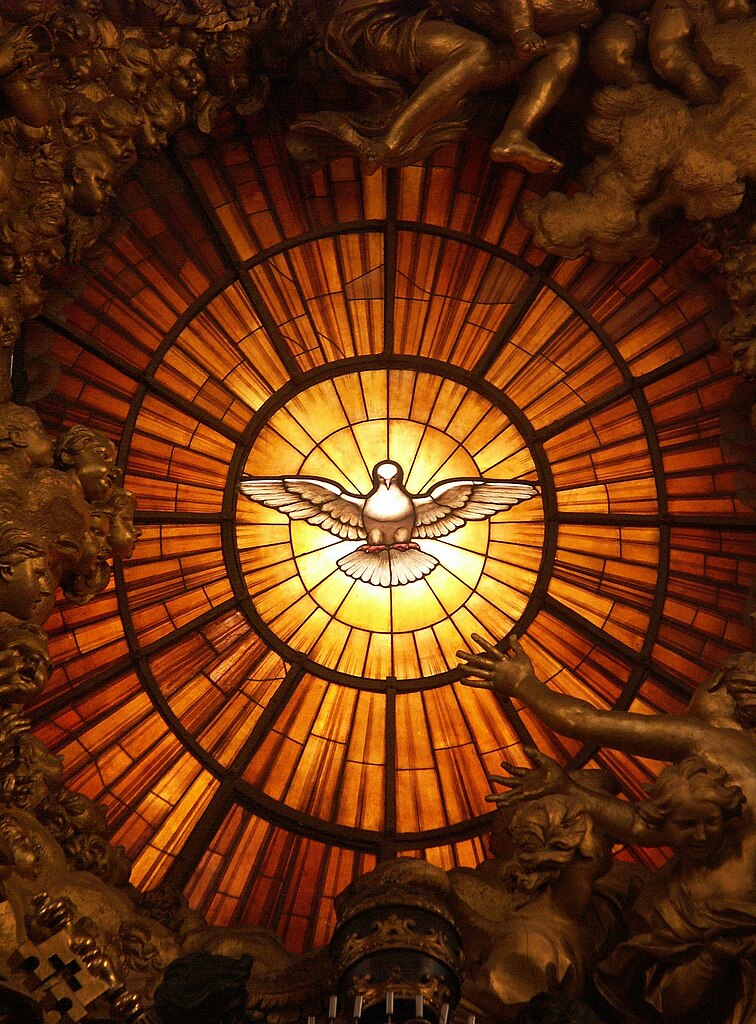
Jesus answered them and said, “Do not work for food that perishes but for the food that endures for eternal life, which the Son of Man will give you. For on him the Father, God, has set his seal." So they said to him, "What can we do to accomplish the works of God?" Jesus answered and said to them, "This is the work of God, that you believe in the one he sent." (Jn 6:22-29)
https://bible.usccb.org/bible/readings/050525.cfm
The food that endures for eternal life . . . is the food that satisfies the deepest hungers of the human heart. The Lord reminds us that all are invited to his table, especially those no one else would invite. As the Conclave nears, we ask the Holy Spirit to help us: Come, Holy Spirit, fill the hearts of your faithful and kindle in them the fire of your Love. Amen.



